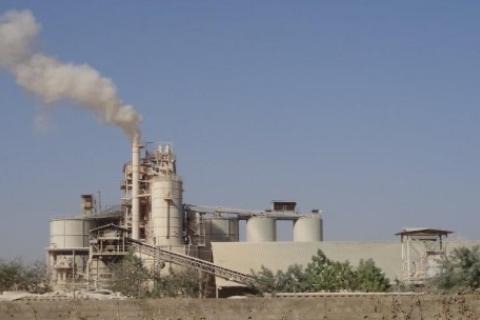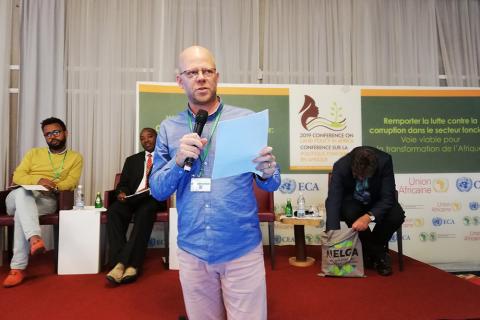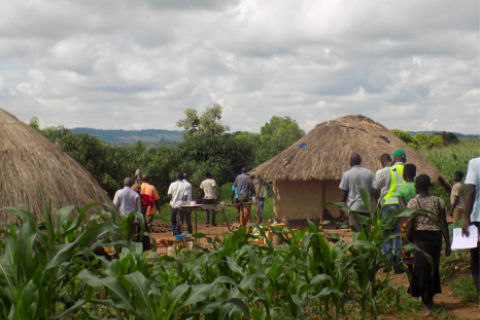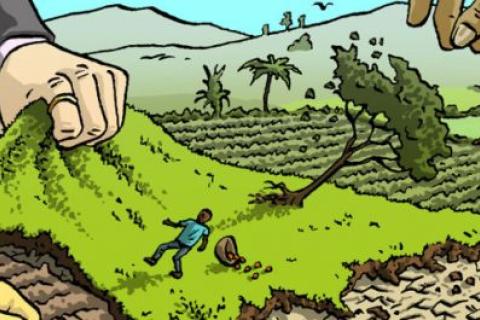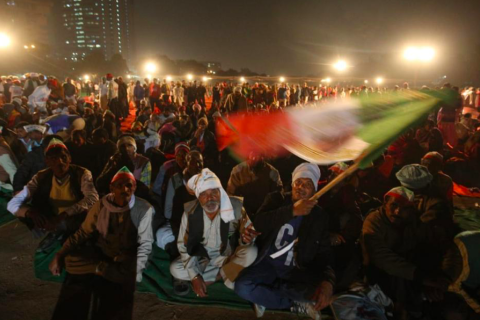The land sector is increasingly being cited as a corruption hub. Many countries across the globe are grappling with land-related corruption that dates to the colonial years and which have metamorphosed into historical injustices and continue to be a source of conflict and violation of basic human rights. Cases of land grabbing, compensation-less expropriation, gender-based discrimination in accessing and ownership of land and related resources, illegal mining deals, bribing to access land administration services among others are not new in the lands sector.


